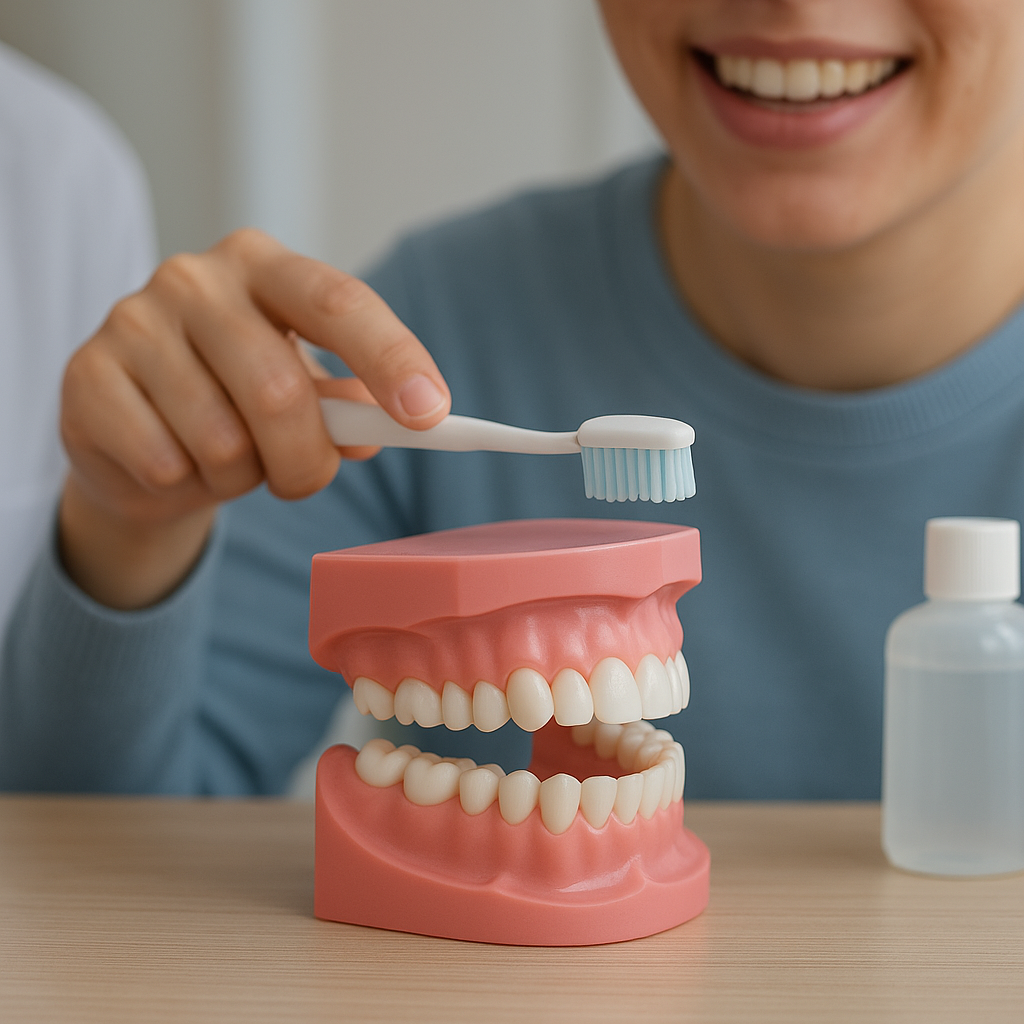Charcoal-based toothpaste has gained significant popularity in recent years, touted for its supposed ability to whiten teeth and detoxify the mouth. However, the effectiveness and safety of these products have been subjects of debate among dental professionals and researchers. This article delves into the latest updates on the effectiveness of charcoal-based toothpaste, examining its benefits, potential risks, and the scientific evidence surrounding its use.
Understanding Charcoal-Based Toothpaste
Charcoal toothpaste typically contains activated charcoal, a form of carbon that has been treated to increase its adsorptive properties. This means it can bind to certain substances, potentially helping to remove stains and toxins from the teeth and gums. The appeal of charcoal toothpaste lies in its natural ingredients and the belief that it can provide a more holistic approach to oral hygiene. However, it is essential to understand how it works and whether it lives up to the claims made by its proponents.
Claims and Benefits
Proponents of charcoal toothpaste often highlight several benefits, including:
- Whitening Effect: Many users report that charcoal toothpaste helps to whiten their teeth, removing surface stains caused by coffee, tea, and other staining agents.
- Detoxification: Activated charcoal is believed to absorb toxins and impurities, leading to a cleaner mouth and fresher breath.
- Natural Ingredients: Charcoal toothpaste is often marketed as a natural alternative to traditional toothpaste, appealing to consumers looking for chemical-free options.
- Reduction of Bad Breath: Some users claim that charcoal toothpaste helps to combat bad breath by removing odor-causing bacteria.
Scientific Evidence
Despite the claims surrounding charcoal toothpaste, scientific evidence supporting its effectiveness is limited. A few studies have explored the impact of activated charcoal on oral health, but the results are often inconclusive. For instance, a study published in the Journal of the American Dental Association found that while charcoal toothpaste may have some whitening effects, it is not significantly more effective than traditional whitening toothpaste. Additionally, the study raised concerns about the abrasiveness of charcoal, which could potentially damage tooth enamel over time.
Another research article in the British Dental Journal highlighted the lack of standardized testing for charcoal toothpaste products, making it difficult to assess their safety and efficacy. The authors emphasized the need for more rigorous clinical trials to determine the long-term effects of using charcoal toothpaste on oral health.
Potential Risks and Concerns
While some users may experience positive results from using charcoal toothpaste, there are several potential risks and concerns that should not be overlooked:
Abrasiveness
One of the primary concerns regarding charcoal toothpaste is its abrasiveness. Many charcoal products are gritty and can wear down tooth enamel with regular use. Enamel is the protective outer layer of teeth, and once it is damaged, it cannot regenerate. This can lead to increased sensitivity, a higher risk of cavities, and other dental issues.
Staining and Discoloration
Ironically, while charcoal toothpaste is marketed for its whitening properties, some users have reported that it can lead to staining or discoloration of the teeth. This may occur due to the residue left behind by the charcoal or the abrasive nature of the product, which can expose the underlying dentin, a yellowish layer beneath the enamel.
Gum Health
There are also concerns about the impact of charcoal toothpaste on gum health. Some studies suggest that the abrasive particles in charcoal toothpaste can irritate the gums, leading to inflammation and potential gum disease. Maintaining healthy gums is crucial for overall oral health, and any product that compromises gum integrity should be approached with caution.
Regulatory Issues
Another significant concern is the lack of regulation surrounding charcoal toothpaste products. Unlike traditional toothpaste, which must meet specific safety and efficacy standards set by regulatory bodies, many charcoal toothpaste brands are marketed without rigorous testing. This raises questions about the quality and safety of these products, as consumers may unknowingly use subpar or harmful formulations.
Recommendations for Consumers
Given the mixed evidence regarding the effectiveness and safety of charcoal-based toothpaste, consumers should approach these products with caution. Here are some recommendations for those considering using charcoal toothpaste:
- Consult Your Dentist: Before trying charcoal toothpaste, it is advisable to consult with your dentist. They can provide personalized recommendations based on your oral health needs and concerns.
- Look for ADA Seal of Acceptance: If you choose to use charcoal toothpaste, look for products that have received the American Dental Association (ADA) Seal of Acceptance, indicating that they have met specific safety and efficacy standards.
- Use Sparingly: If you decide to use charcoal toothpaste, consider using it sparingly rather than as your primary toothpaste. This can help minimize the risk of enamel erosion and gum irritation.
- Monitor Your Oral Health: Pay attention to any changes in your oral health while using charcoal toothpaste. If you experience increased sensitivity, gum irritation, or discoloration, discontinue use and consult your dentist.
Conclusion
Charcoal-based toothpaste has become a popular trend in the oral care market, with many consumers drawn to its natural ingredients and claims of whitening and detoxification. However, the scientific evidence supporting its effectiveness is limited, and there are potential risks associated with its use, including enamel erosion and gum irritation. As with any dental product, it is essential to prioritize safety and efficacy. Consulting with a dental professional and making informed choices can help ensure that your oral hygiene routine supports your overall dental health.




